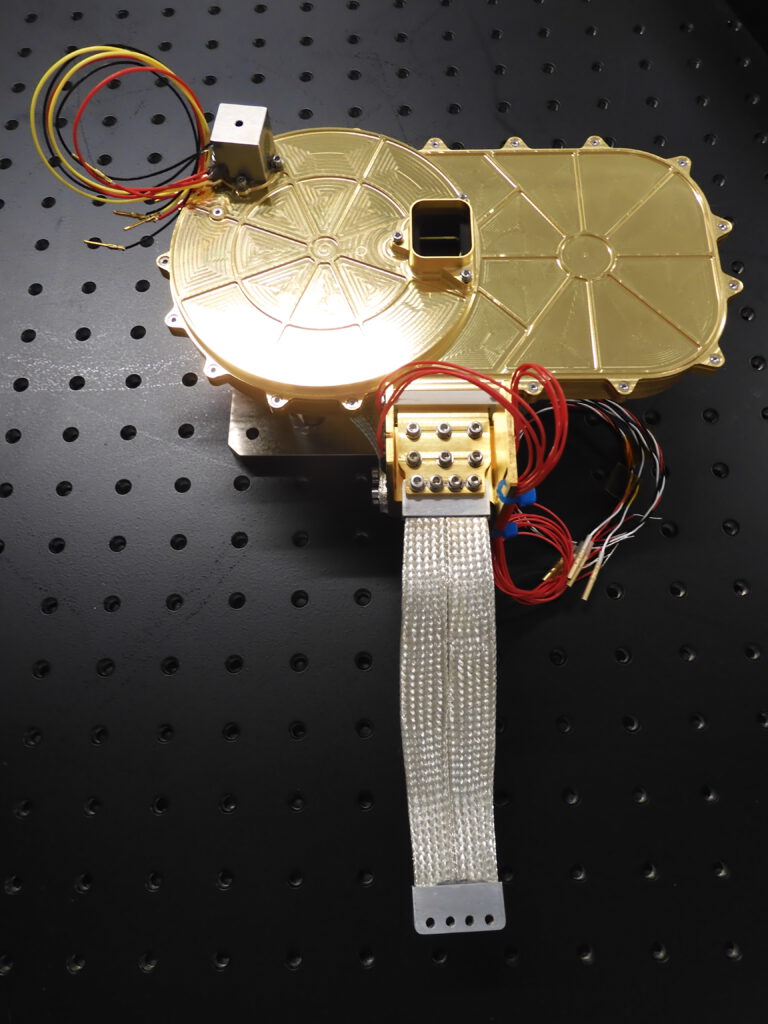
Success Story
University of Bern
The University of Bern in Bern, Switzerland is a leader in space research and technology. It currently serves as the Principal Investigator (PI) for two critical instruments on the European Space Agency’s (ESA) Comet Interceptor mission: CoCa (COmet CAmera), a high-resolution camera, and MANiaC (Mass Analyzer for Neutrals in a Coma), a time-of-flight mass spectrometer. These instruments, currently planned to launch in 2029, will help researchers gain untold insights into the composition and behavior of comets.
University of Bern Challenge
For the CoCa mission, the University of Bern required a mechanism to lock down the filter wheel in the camera’s focal plane assembly. The mechanism needed an extremely small (< 8cm3) and lightweight (< 30 grams) footprint while providing reliable performance under harsh conditions that could be experienced throughout the mission. Additionally, they required a solution that could be tested and reset multiple times before launch to help offset risk. The team’s initial attempts to find a product that matched their needs were unsuccessful until they discovered Dcubed.
Dcubed solution
Dcubed’s Nano Pin Puller (nD3PP-ST), chosen for its compact size (5cm3) and light weight (25 grams), seamlessly integrated into CoCa’s existing architecture. Its ease of testing and ability to be reset hundreds of times without the use of special tools provided the University of Bern with the flexibility needed to ensure mission success.
Dcubed impact
Dcubed’s Nano Pin Puller not only met the University of Bern’s expectations but also exceeded them, achieving desired results well above its published specifications by a factor of 2x in terms of the qualification load levels. The effective communication and quick turnaround of days instead of months helped the University of Bern team to quickly and confidently incorporate the functionality they were looking for into the CoCa mission.

